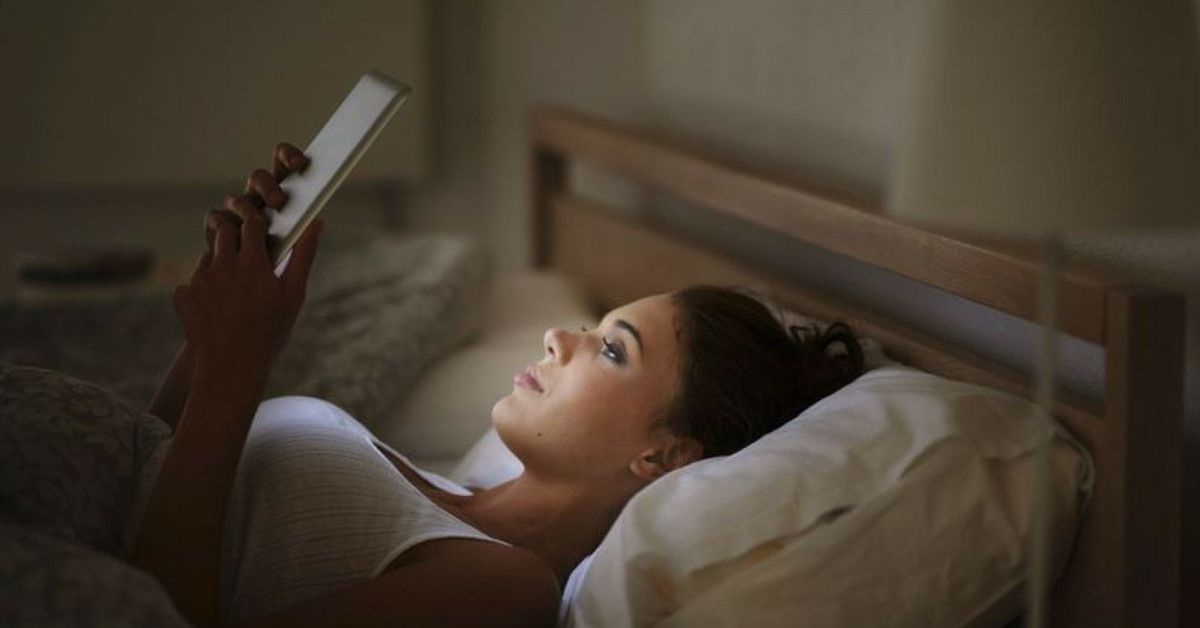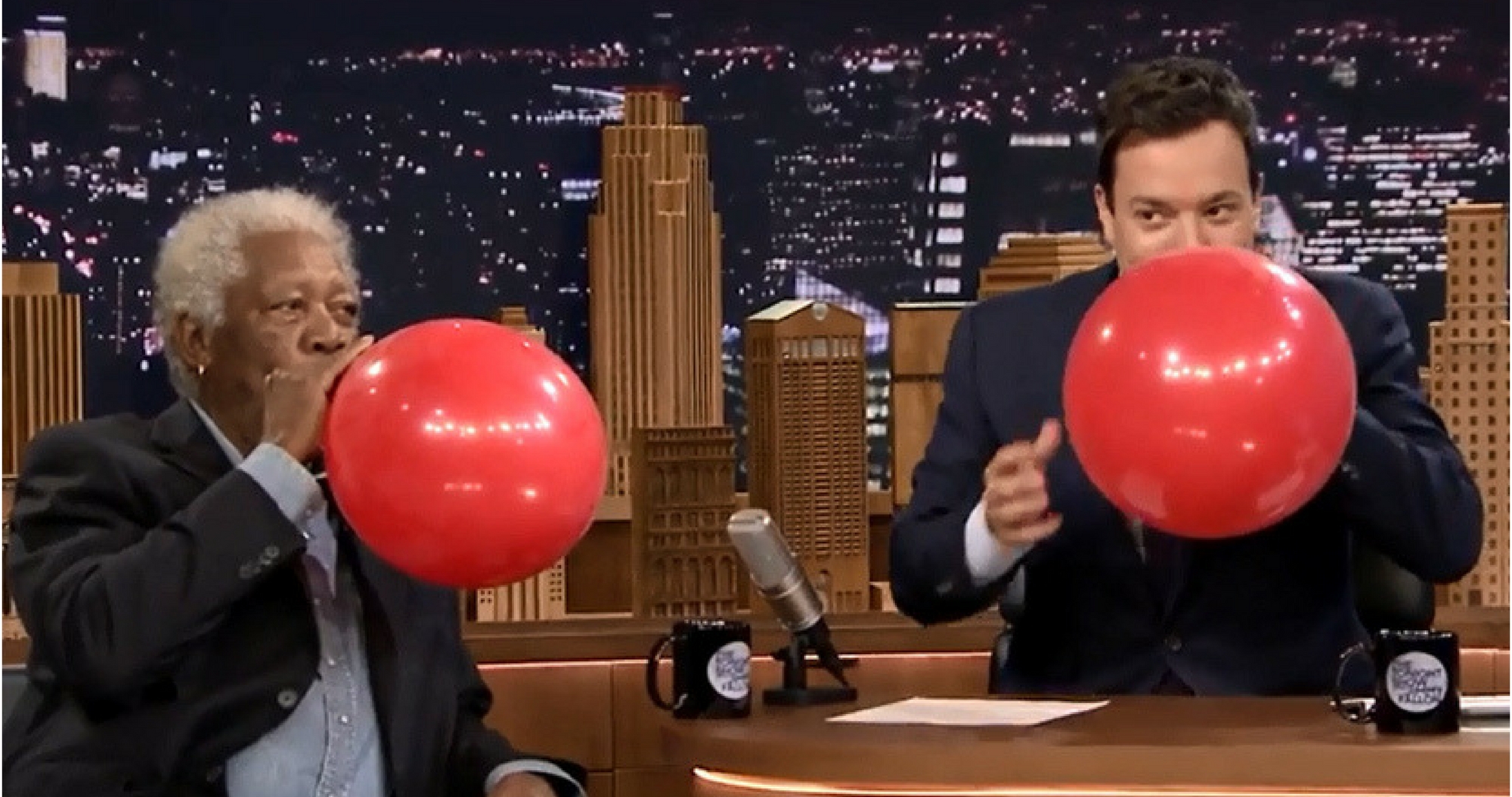Growing up, my family lived by the saying "the early bird catches the worm." None of us ever stayed up late, so that we could be up early in the morning, even on weekends and holidays.
However, the older I got, the more I started to push back my bedtime, and nowadays, I'm happy if I get to bed before midnight.
I'm usually satisfied with about five hours of sleep, so I never bothered trying to go to bed earlier. This habit was also encouraged by a number of studies, including a 2009 experiment by psychologist Satoshi Kanazawa, that showed that night owls tend to be more intelligent and creative than morning larks.
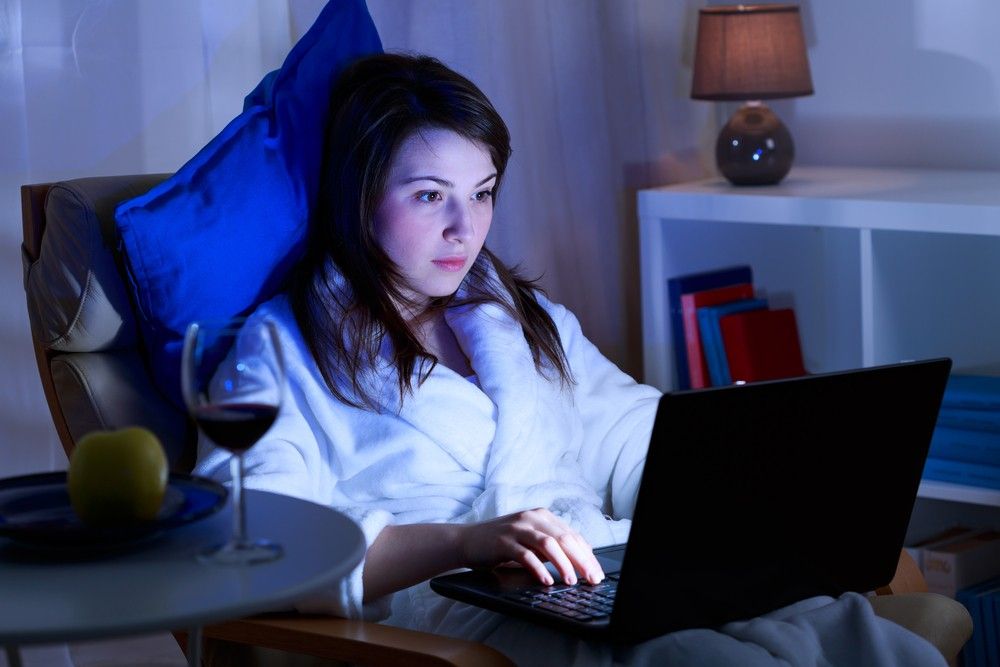
While it feels good to know that there are perks to going to bed late, a new study published in the journal Chronobiology International, has unveiled some very serious cons.
After tracking over 400,000 adults for about six and a half years, researchers in the U.K. discovered that those who identified as "definite evening types" had a 10% increased risk of dying when compared to the "definite morning types."
During the study, over 10,000 people died, and after analyzing the data, the "definite evening types" were more likely to have died.
"What we think might be happening is, there's a problem for the night owl who's trying to live in the morning lark world,"said Kristen Knutson, lead author and associate professor of neurology at Northwestern's Feinberg School of Medicine. "This mismatch between their internal clock and their external world could lead to problems for their health over the long run, especially if their schedule is irregular."

According to the results, people who like to stay up late are likely to have health issues like diabetes, gastrointestinal disorders, respiratory problems, neurological and psychological disorders.
While this study isn't the only one to have looked into the effects of staying up late on over all health, it is the first to link it to mortality as well as gastrointestinal and neurological problems.
Knutson and her team did not provide reasons why this might be the case, but past research has shown that individuals who identify as night owls are more likely to have poor diets and abuse alcohol.
They also experience "social jet lag," which basically means they wake up later on weekends than weekdays. According to previous studies, there's an 11 percent increase in the likelihood of heart disease with each hour of social jet lag. It is also linked to obesity, which plays a factor in life expectancy.
Unfortunately, for some night owls, it's a harder challenge to kick their habit of staying up late because it may be in their genes.
"Whether or not you're a night owl is partly determined by your genes, which obviously you can't change, but it's not entirely a given," Knutson said.
Knutson added, "You can't suddenly tonight just go to bed three hours earlier," but there are a few tricks you can try to help you make it to bed at a more reasonable hour than usual.
1. Avoid certain foods
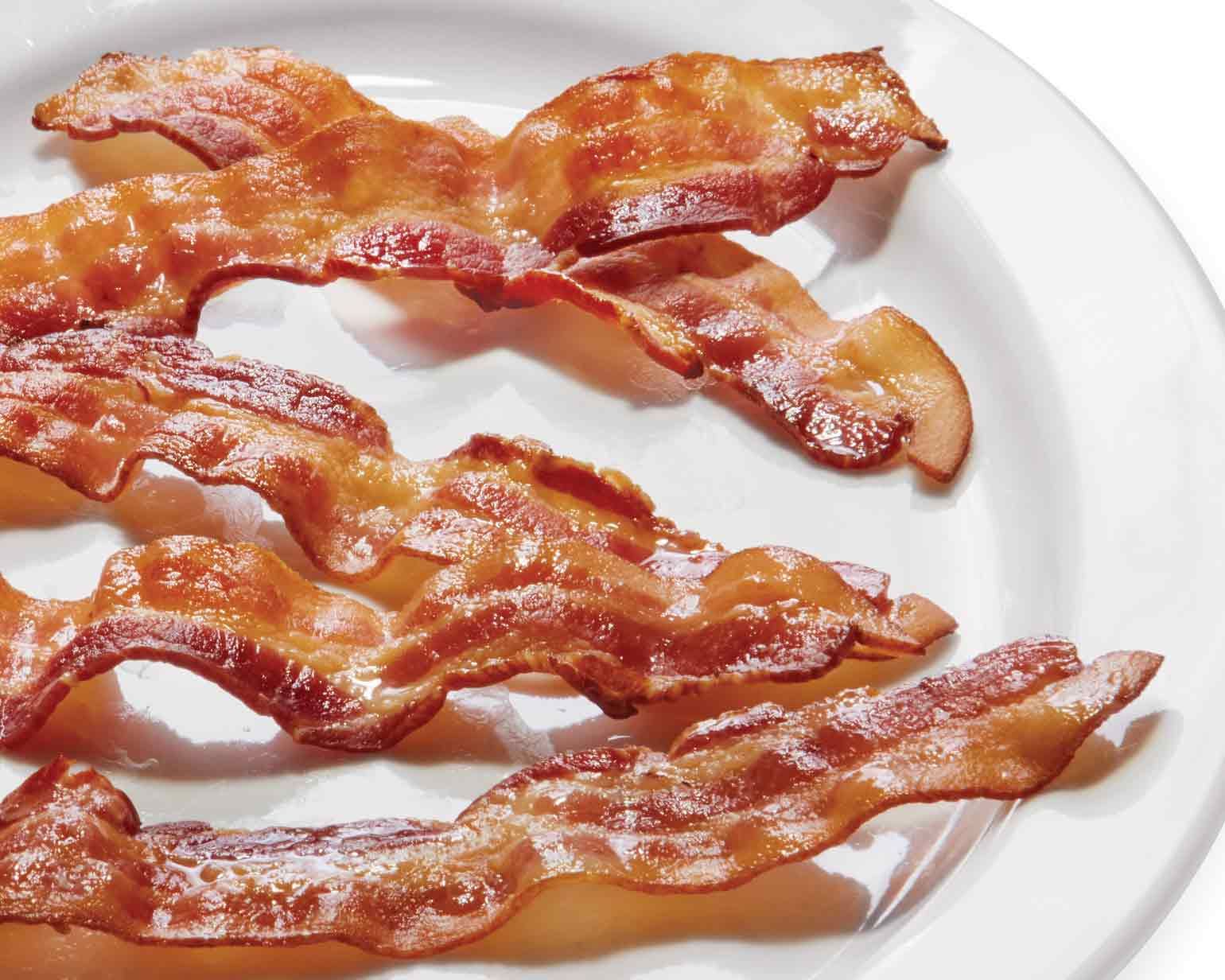
Eating before bed could be the difference between a good and bad night's sleep.
Obviously, you should avoid drinking caffeinated beverages, like coffee. But also try to stay away from dark chocolate because it contains caffeine and theobromine, both of which are stimulants that could keep you awake.
Spicy foods are also big no-nos because they can give you indigestion and acid reflux. If you do end up falling asleep, there's a chance that you'll experience bad dreams.
Food that are high in fat, like bacon and some cuts of red meat, will keep your body's temperature from cooling down so you can fall asleep.
2. Exercise

Exercise increases your energy and heart rate, which would make faling asleep hard. So if you like to sweat, try doing so three to four hours before you go to bedtime.
According to Dr. Robert Oexman, a chiropractor, and director of The Sleep to Live Institute, when you work out in that time frame, "the increase in core body temperature followed by a decrease in core body temperature mimics the natural drop in body temperature needed to fall asleep and maintain sleep."
3. Take a hot shower
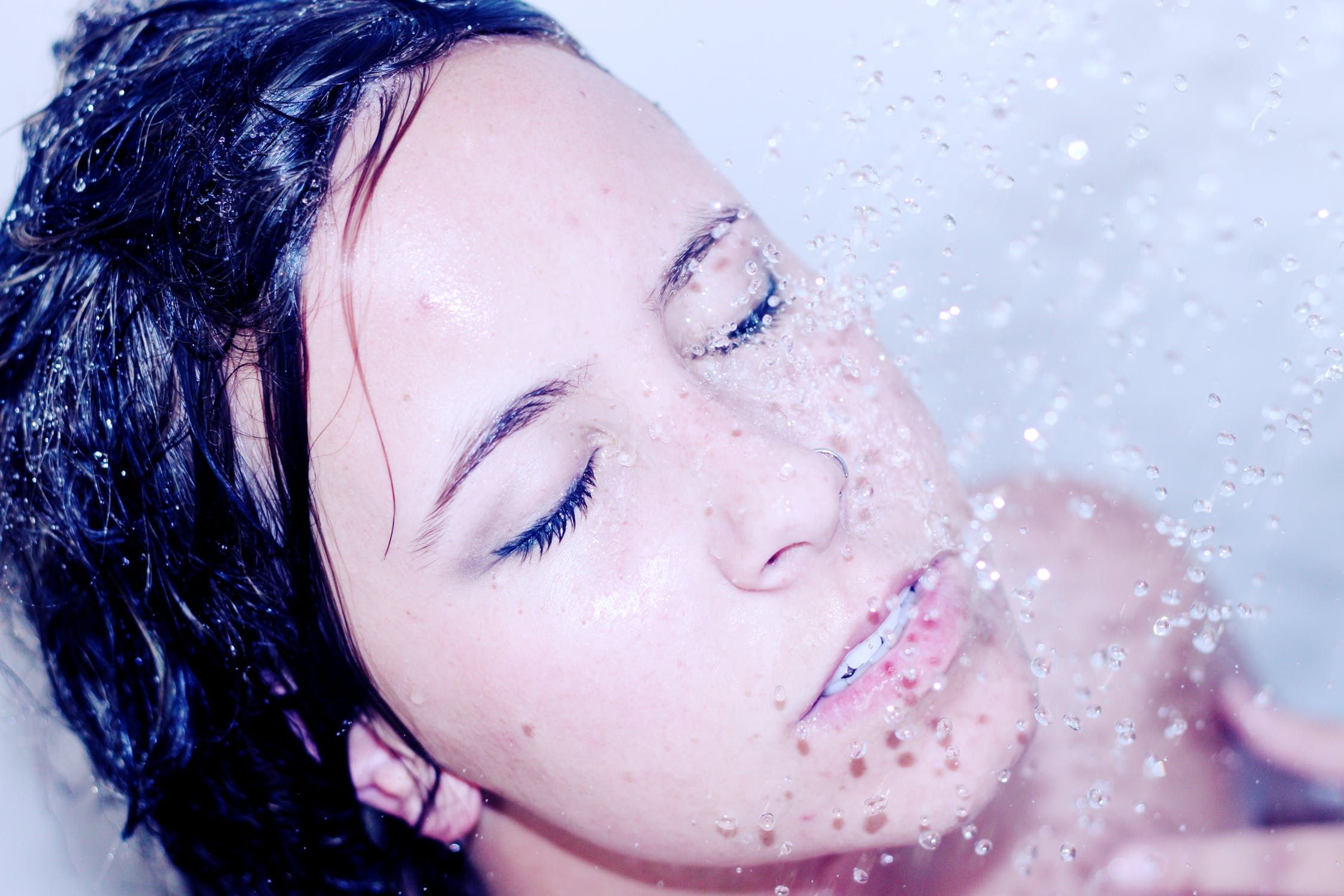
Do ever notice how much more sleepy you are after you step out of the shower? Well, that's because when you take a hot shower or bath your blood flow increases, which in turn decreases your body temperature.
4. Open a window
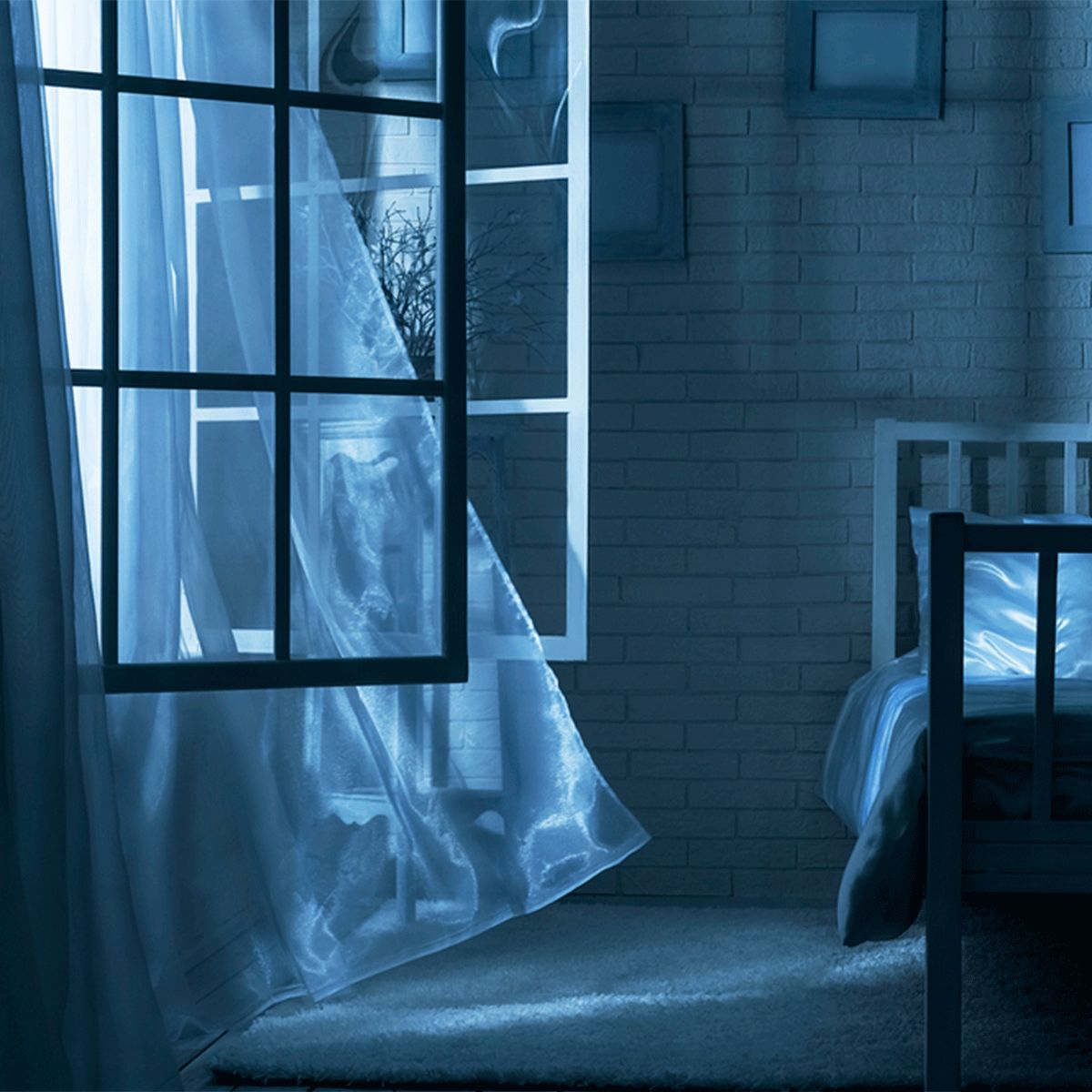
The environment you're in plays a part in your sleeping habits. Researchers have found that those who were in well-ventilated areas fell asleep faster and enjoyed a more restful slumber.
5. Turn off your screens
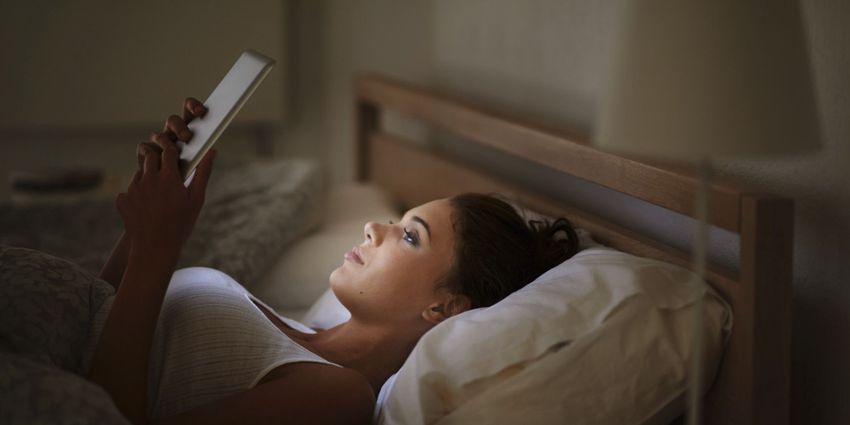
Electronic devices are a major distraction if you're trying to get to sleep. It is recommended that your shut off all your devices, including your smartphone, at least an hour before you go to bed.
If you need to use them, make sure the brightness is turned all the way down and the screen is at least 14 inches away from your face.
"Blue light upon striking your retina will shut down your normal production of the sleep hormone, melatonin, not only impairing your ability to fall asleep, but also leaving you sleepy in the morning," Rosenberg explained.
6. White Noise
Sure, there are some people who need total silence and darkness to sleep, but others like a little background noise to help them fall asleep.
The white noise helps distract your mind from other thoughts and help you fall asleep faster.
If you don't want to invest in a white noise machine, or turn the fan on in the winter, there are apps you can download that will do the same.
7. Create a routine
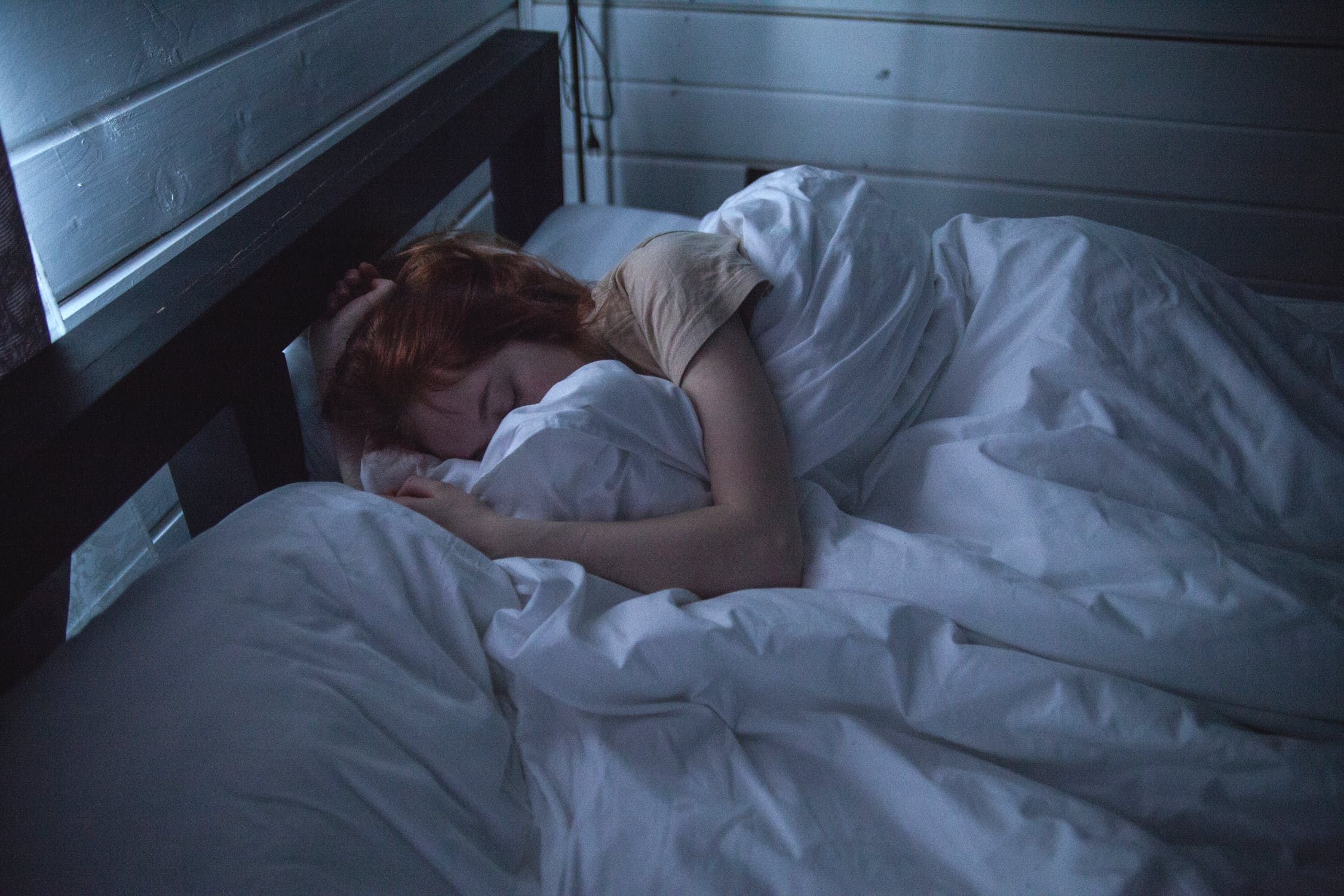
Is there something that puts you to sleep right away? Find it and incorporate it into your nightly routine.
For me, it's reading. I can only get through a couple of pages of a book before I pass out. Some people like to keep a a fan on throughout the night. Like having the windows open, this helps with the flow of oxygen and relaxation. It also creates just enough white noise to make you fall asleep fast.
Are you a night owl or morning lark? Let us know in the comments!
